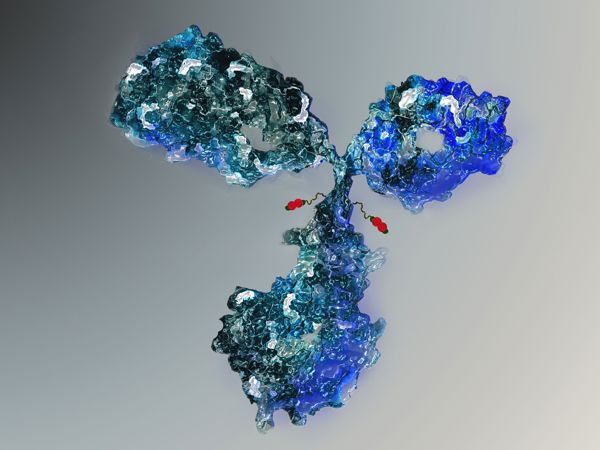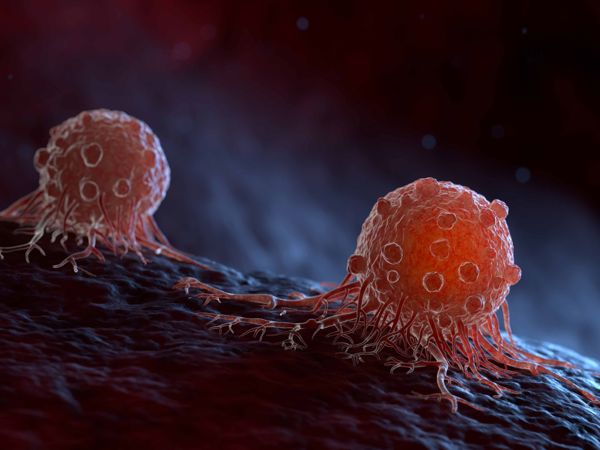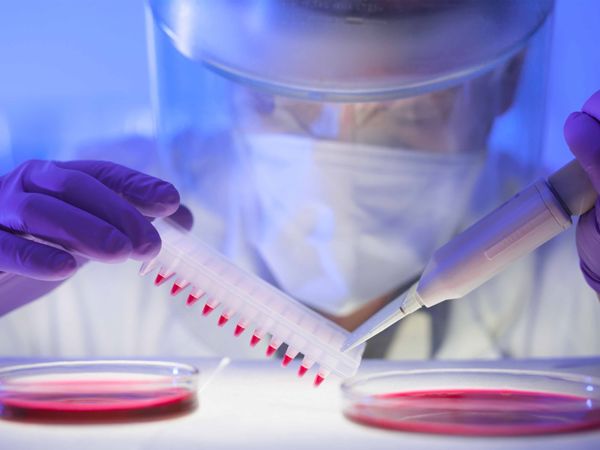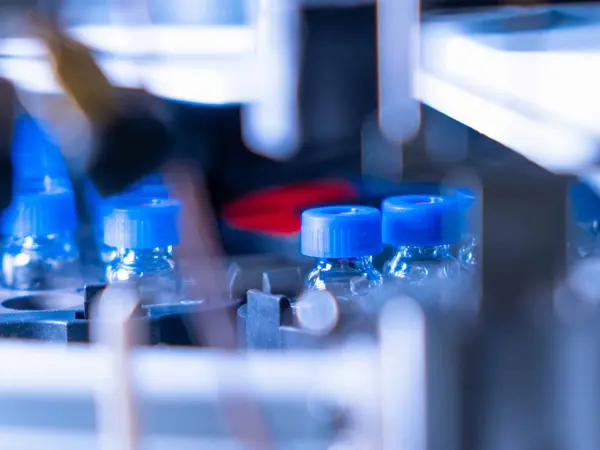Our differentiated technology model
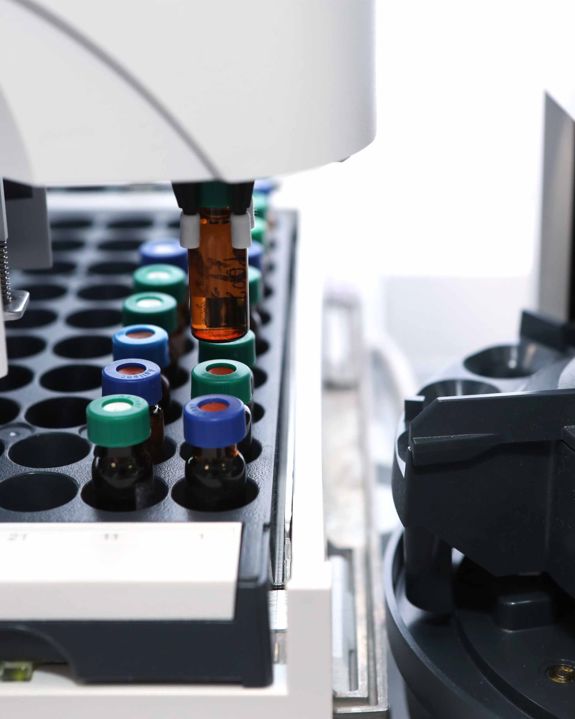
Class leading ADCs
Only those ADCs with significant improvements over comparator in-clinic ADC programs or, where no other ADC programs target the same antigen, current standard of care will be progressed to IND-enabling studies.
Iksuda’s later stage ADC pipeline is centred around known targets where clinical ADC benchmarks have shown clear evidence of target-dependent clinical activity, but where improvements in anti-cancer activity and/ or safety could result in a therapy with wider clinical utility.
Prior to making this decision, Iksuda conducts pilot toxicology studies alongside in vivo xenograft modelling to determine a translatable TI.
For each target, Iksuda’s Team identifies the optimal payload MoA and designs a series of ADC constructs for testing. All ADCs include tumor-selective cleavage technology and ultra-stable bioconjugation for enhanced safety.
ADCs are evaluated for differentiation over benchmarks and honed through repeated assessments before identifying development candidates.
Iksuda’s decision to move any ADC program into IND enabling studies is based on whether we see clinically meaningful improvement in TI over relevant in-clinic and on-market comparators. Our evaluations include efficacy studies against comparators across a range of mouse xenografts and PDX models, as well as pilot toxicology in non-human primates.
The later stage pipeline provides validation for the tumor-selective linker and triggers used in earlier ADC programs. Iksuda is leveraging this validation to build ADCs against novel targets in the ADC space. Here, we select targets according to potential utility across tumor indications of high unmet need and compare profiles with current standard of care in relevant preclinical models.

